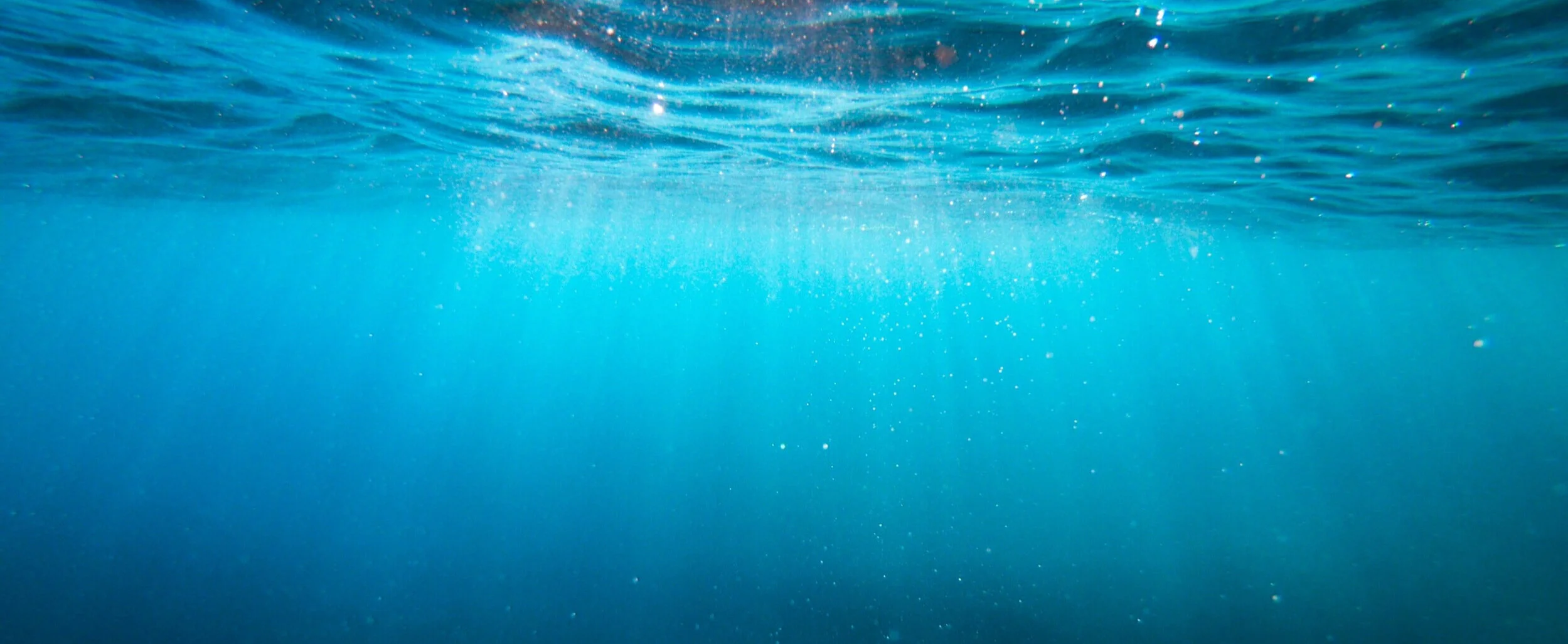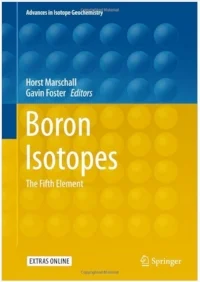PhD opportunities @theFosterlab 2022 Start
/We have 2 fully funded PhD projects available this year. Please click on the links below for more details and go to GSNOCS (our graduate school) for details how to apply. The deadline is 4th January 2022. Note that both projects are available to UK, EU and overseas students as there is a fee waiver on offer. Please contact Gavin through this website (here) or email: gavin.foster@noc.soton.ac.uk if you want to chat about either of them
Project 1. The Acid Test: revolutionizing the record of abrupt changes in ocean pH through novel laser analysis of marine microfossils
Do you like lasers?
Do you want to study the closest analogues to anthropogenic climate change in the last 56 million years?
Do you want to study the closest analogue to anthropogenic climate change in the last 56 million years with lasers?
Then we have a PhD that is perfect for you!
In this project the student (i.e. you) will use cutting edge laser ablation and mass spectrometry techniques to ablate SINGLE foraminifera for their boron isotopic and trace element composition (following the method outline here and new approaches we are working on). Then what is left of the foram shell will be measured by gas source mass spec for d18O/d13C. So from the same single foram you get information about the pH it experienced during its life time, the temperature (from Mg/Ca), what ice was doing (d18O) and the carbon cycle (d13C) – all from 50 odd million years ago!
You will apply this tool kit to study two key events that have been difficult thus far because foram abundance is low and/or we want to look at them at super high resolution: the Paleocene Eocene Thermal Maximum and Eocene Thermal Maximum-2 (with the legend that is Jim Zachos at UCSC).
Get in touch with me (gavin.foster@noc.soton.ac.uk) if you want to know more.
Project 2. Unravelling oceanic multi-element cycles using single cell ionomics.
Do you want to start a revolution?
Then this project is for you!
Ionomics is the measurement of the total elemental composition of an organism to address a biological problem. In this project we want to quantify how the variability in co-limiting oceanic nutrients influences the multi-elemental cellular composition of non-limiting nutrients – something that is essential to understand coupled cycling of nutrients like carbon, nitrogen and phosphorous in the ocean. Although single-cell analysis has become increasing important for cellular biologists its application in the marine sciences remains rather limited because of the lack of suitable analytical techniques.
In this project you will exploit the new Time of Flight ICPMS installed at Southampton (https://www.southampton.ac.uk/oes/research/facilities/time-of-flight-icp-ms.page) to overcome this analytical bottle neck. By using single cell analysis and laser ablation approaches you will generate some truly novel data to provide insights into how nutrient limitations by one element influences the cellular composition of other elements and how this varies between taxa and sub-populations.
This project is led by Prof Mark Moore and involves scientists from the British Antarctic Survey (BAS) and includes the possibility of field work in coastal waters around Antarctica.
Get in touch with me (gavin.foster@noc.soton.ac.uk) or Mark Moore (c.moore@noc.soton.ac.uk) if you want to know more.





